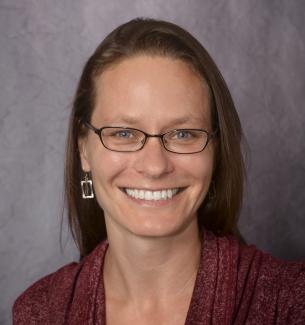Event
EES Seminar Series - Dr. Susan Lang
"Carbon, water, and life in the oceanic crust"

The Department of Earth & Environmental Science
University of Pennsylvania
Invites you to attend a EES Seminar Series
Friday, February 3rd - 3:00 PM
"Carbon, water, and life in the oceanic crust"
Large volumes of water have passed through the hot, rocky subseafloor throughout Earth’s history. In locations where circulating fluids interact with ultramafic mantle rocks, a water-rock reaction called serpentinization occurs that releases free hydrogen (H2) as a by-product. The geochemical reactions that occur during serpentinization have potentially profound implications for the origins and evolution of life on Earth and other planets. High concentrations of H2 that can fuel microbial life and the nonbiological synthesis of organic compounds. Such locations could have played a major role in early biogeochemical evolution.
Recent expeditions to ultramafic systems on the Mid-Atlantic Ridge and the Mid-Cayman Rise provided the opportunity to investigate hydrogen export, carbon cycling, and the presence of life in a zone of active serpentinization. The abundances, distributions, and isotopic compositions of carbon compounds are highly heterogeneous, and can be linked to subseafloor water-rock reactions and microbial activity. These associations can provide insights into the impact of hydrothermal circulation on the oceanic carbon cycle as well as where and how life may have developed on Earth or on other planetary bodies.
Dr. Susan Lang
Director, NOSAMS
Associate Scientist with Tenure
Geology & Geophysics
Susan Lang (current director of NOSAMS) is a geochemist who investigates the interactions among water, rocks, and microbes. She characterizes the abundances and isotopes of carbon compounds to investigate the origins of organic molecules and life on our planet and others, how microbes survive in the rocky subsurface, and the role of water-rock interactions in the global carbon cycle.
